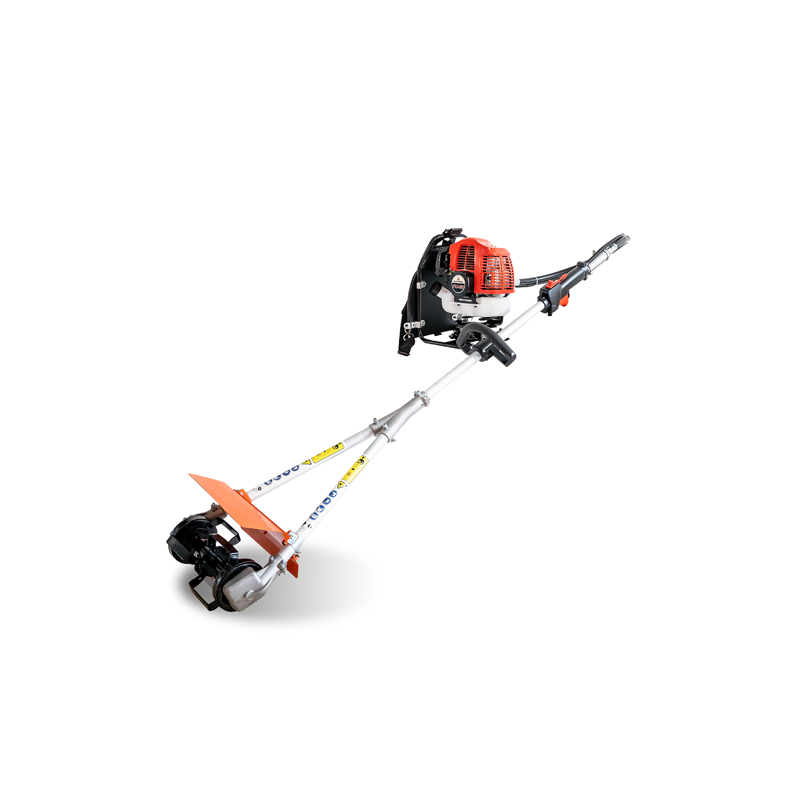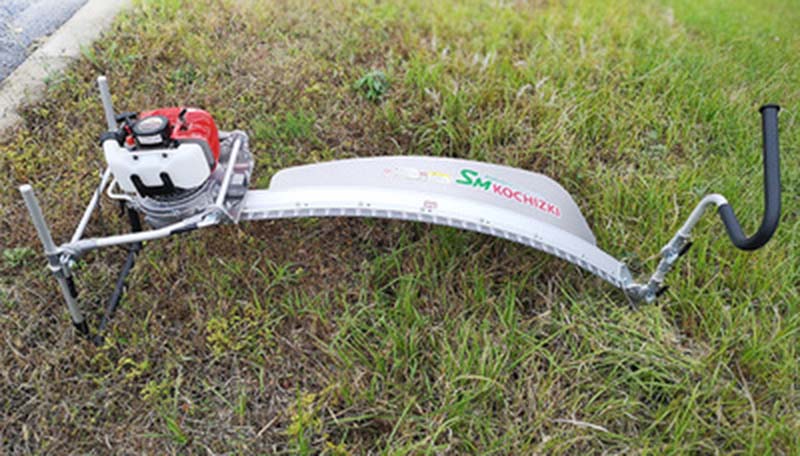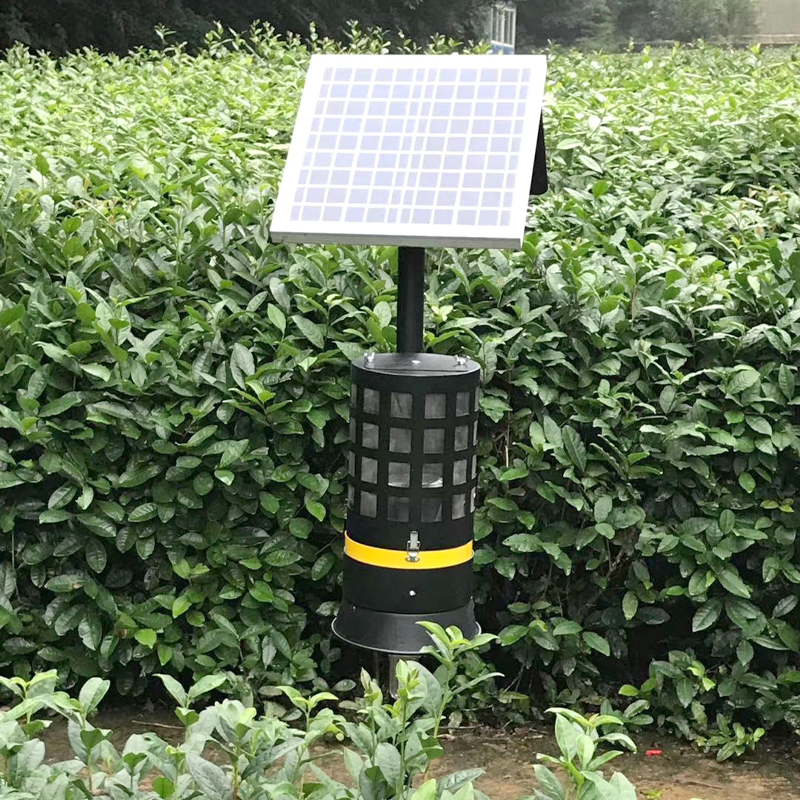How to do a good job in summer tea garden management?
1. Weeding and loosening the soil
Preventing grass shortage is an important part of tea garden management in summer. Tea farmers will use weeding machine to dig out stones, weeds and weeds within 10 cm of the drip line of the canopy and 20 cm of the drip line, and use rotary machine to break up the soil clods, loosen the soil, make it aerated and permeable, improve the ability to store and supply water and fertilizer, accelerate soil maturation, form a soft and fertile cultivation layer, promote early growth of tea trees, and increase tea production in summer and autumn.
2. Topdressing summer fertilizer
After the spring tea is picked, the nutrients in the tree body are consumed in large quantities, the new shoots stop growing, and the root system grows stronger, so it is necessary to fertilize in time to supplement the nutrients in the tree body. Organic fertilizers such as vegetable cakes, compost, barn manure, green manure, etc., or as base fertilizer every year or every other year, can be applied in alternate rows, and combined with phosphorus and potassium fertilizers. In the fertilization of tea gardens, the frequency of topdressing can be appropriately more, so that the distribution of available nitrogen content in the soil is relatively balanced, and more nutrients can be absorbed at each peak of growth, so as to increase the annual output.
3. Trim the crown
The pruning of tea trees in production tea gardens generally only adopts light pruning and deep pruning. Deep pruning is mainly used for tea trees whose crown branches are too dense, and there are chicken claw branches and back dead branches, a large number of leaf clamping occurs, and the tea yield decreases obviously. Tea trees can be easily pruned with a Tea Pruning machine. The depth of deep pruning is to cut off 10-15 cm of branches on the crown surface. Deep pruning has a certain impact on the yield of the year, and it is generally carried out every 5-7 years after the tea tree begins to age. Light pruning is to cut off the protruding branches on the crown surface, generally 3-5 cm.
4. Prevent pests and diseases
In summer tea gardens, the key point is to prevent and control tea cake disease and tea bud blight. The focus of insect pests is tea caterpillar and tea looper. The pest control can be controlled by physical control and chemical control. Physical control can use insects trapping equipment. Chemical is the use of drugs, but it has a little impact on the quality of tea. Tea cake disease mainly harms new shoots and young leaves. The lesion is sunken on the front of the leaf and protrudes in the shape of a steamed bun on the back, and produces off-white powdery spores. For prevention and treatment, it can be sprayed with 0.2%-0.5% copper sulfate solution, sprayed once every 7 days, and sprayed 2-3 times in a row. The diseased leaves caused by tea bud blight are distorted, irregular and scorched, and the lesions are black or dark brown. They usually occur on the young leaves of summer tea. 75-100 grams of 70% thiophanate-methyl can be used per mu, mixed with 50 kg of water and sprayed every 7 days.


